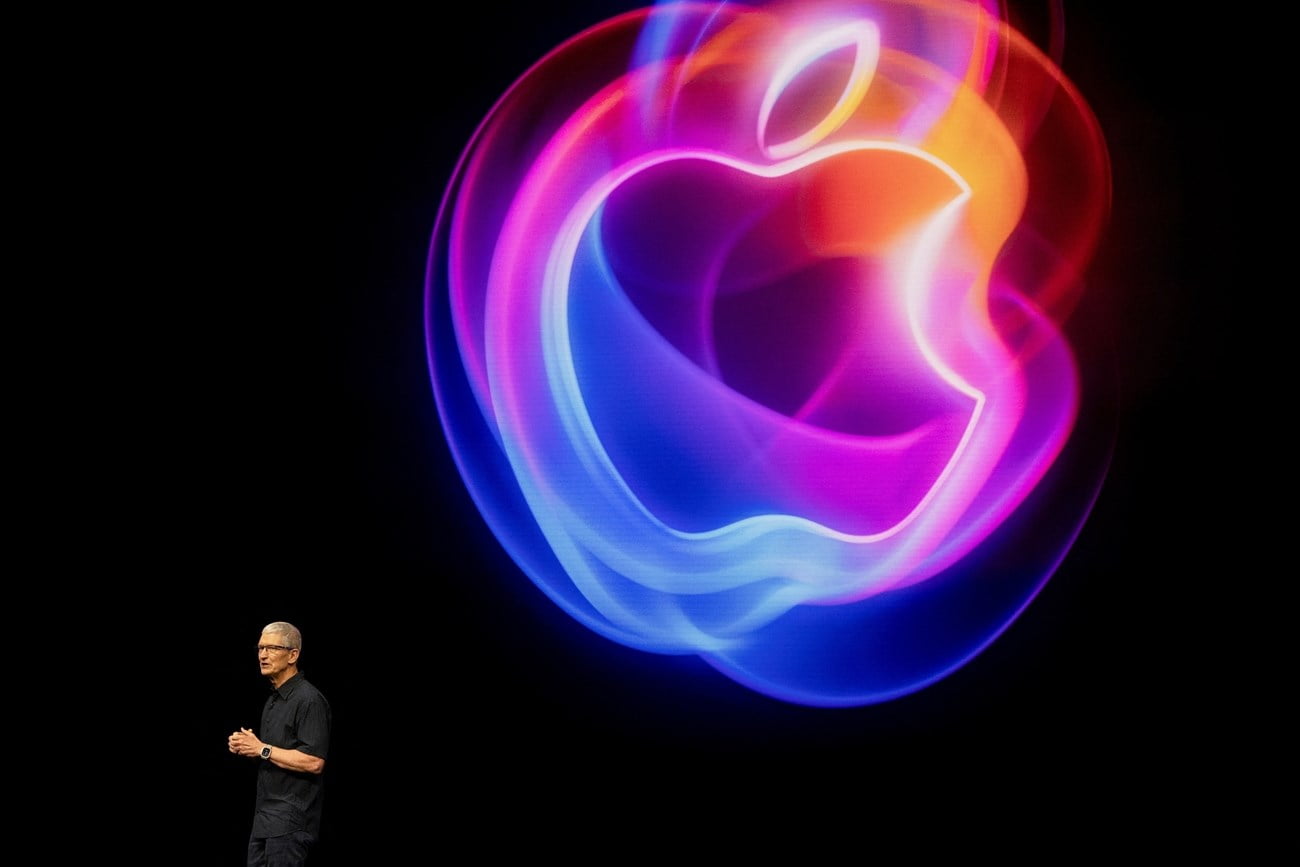Apple unleashes the AI-powered iPhone 16.
“The next generation of iPhone has been built from the ground up for Apple Intelligence, signaling the start of an exciting new era,” said Chief Executive Tim Cook during the product launch.
The iPhone 16 will be equipped with the new A18 chip, an aluminum back, and a customizable button that can be configured for various functions, including camera controls.
Huawei’s website reported on Monday that it had received over 3 million pre-orders for its innovative Z-shaped tri-fold phone. This demonstrates Huawei’s resilience in navigating U.S. sanctions and bolsters its competitive position against Apple in China, where consumers are eager for more AI-driven features and willing to pay a premium for them.
Apple shares dipped slightly by less than 1% in afternoon trading.
The tech giant also revealed new Watches and AirPods.
The new Series 10 Watch, starting at $399, is thinner than its predecessor and features a screen that is up to 30% larger than earlier models. Apple emphasized the Watch’s health and fitness capabilities, including its ability to detect long-term conditions like sleep apnea and respond to emergencies such as falls.
Apple also introduced a new version of the more rugged Watch Ultra 2, with a starting price of $799. The new AirPods 4 offer a redesigned shape for improved comfort and better acoustics. Additionally, Apple unveiled hearing aid features that it has submitted for U.S. regulatory approval.
Apple enthusiasts around the world have been eagerly anticipating the new AI-powered phones, which Cook hinted at during the event. “We are thrilled to introduce the first iPhones designed from the ground up for Apple Intelligence and its breakthrough capabilities,” Cook remarked in his opening comments.
“The demand for AI features is higher in China than in the U.S.,” noted Ben Bajarin, CEO and principal analyst at Creative Strategies. For Apple, “it will be very challenging to bring this to China immediately, so they’ll need to rely on the hardware’s merits.”
Apple first introduced Apple Intelligence at its developer conference in June, positioning it as a generative AI system capable of creating text, images, and other content on demand.
However, it will take some time for these features to become available to consumers.
Apple Intelligence is expected to roll out in a software update to iPhone and iPad operating systems, likely in October. A complete overhaul of Apple’s voice assistant Siri is projected to arrive early next year, according to media reports.
For Apple Intelligence to be released in China, it will require approval from Beijing. In July, OpenAI restricted access to ChatGPT in China, a decision that could affect the chatbot’s integration into Siri. Apple has not yet announced an AI partner for the Chinese market.
iPhones made up more than half of Apple’s $383 billion in sales last year, making the new devices a crucial update for the Cupertino, California-based company. Apple is betting that its AI features will drive customers to upgrade their devices amid slowing iPhone sales.
Earlier this year, Apple aggressively cut prices in China, driven by government restrictions and increased local competition.
The iPhone 16 series is the first generation of Apple smartphones built around AI features, though these capabilities are also expected to be available on the iPhone 15 Pro and Pro Max, the premium models from the previous generation.
“The software and how Apple frames it is the biggest unknown,” Bajarin said. “Investors will be looking to see if it’s compelling enough to trigger a larger-than-normal upgrade cycle.”
Competitors such as Alphabet’s Google are also highlighting AI features to challenge Apple’s dominance in the high-end smartphone market.
Google, developer of the Android operating system that competes with Apple’s iOS, traditionally unveils its Pixel smartphones in the fall. This year, it moved the event to August to get ahead of Apple’s announcement.
Google showcased AI features like Gemini Live, allowing users to hold live voice conversations with a digital assistant. Many of these AI capabilities were also made available on Android-based devices from manufacturers such as Samsung and Motorola.
“The key question is who will be the first to offer a truly personal AI assistant with accurate and personalized knowledge,” said Bob O’Donnell, chief analyst for TECHnalysis Research.
So far, Apple has announced a release timeline for Apple Intelligence only in the U.S., where it is expected to launch on compatible devices in the fall.
In June, just a week after its developer conference, Apple said it would delay the release in Europe due to European Union technology regulations.
The event at Apple’s Apple Park headquarters began at 10 a.m. PDT (1700 GMT). Huawei has scheduled an official announcement for its Mate XT phone on Tuesday in China.
